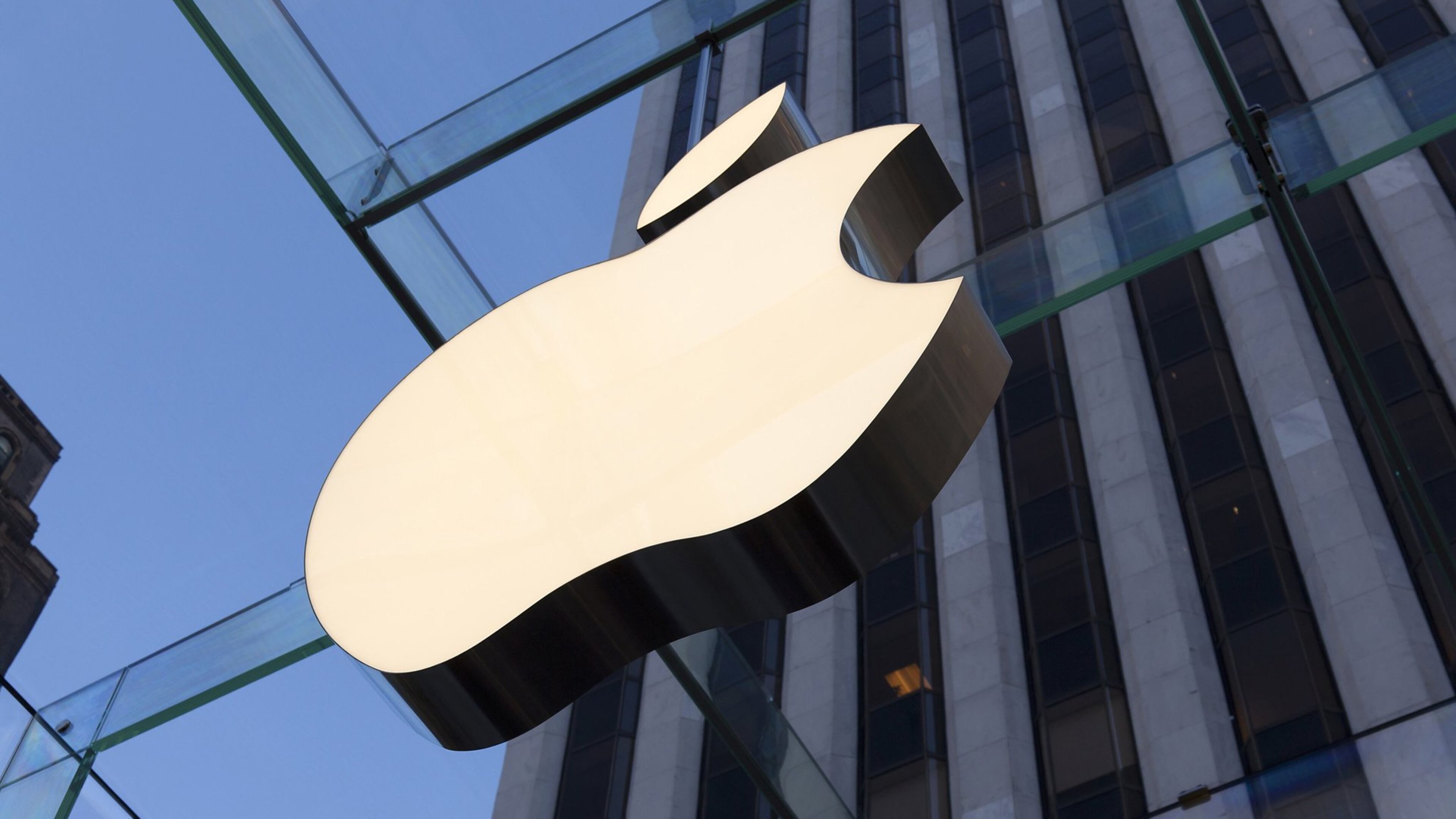Apple considers building new iPhones and iPads without Qualcomm chips

The acrimonious feud between Apple and Qualcomm may be blowing up into a full divorce, as the former is beginning to design its new iPhones and iPad models to no longer need Qualcomm chips.
Apple is considering building next year’s iPhones and iPads with modems from Intel and possibly MediaTek, a Taiwanese semiconductor company, according to the Wall Street Journal.
While Apple and Qualcomm have been mired in a courthouse war spanning the United States, South Korea and China, the two companies still rely on each other — for example, the new Apple Watch relies on Qualcomm modem parts for cellular connectivity. Now the two California tech giants are preparing for a trial in San Diego — where Qualcomm is based — next year.
The recent fallout occurred because Qualcomm refused to provide Apple critical software needed to test its iPhone and iPad chips, according to the Journal. However, there is the possibility of a detente. The deadline to switch chip suppliers for the next model is June, and Apple’s inexperience in creating devices without Qualcomm chips may keep the Cupertino tech giant from carrying through with the threat.
For years, Apple has been envisioning a world where it can exist without relying on the chip giant — and without paying high royalty payments for every iPhone unit sold. Since 2015, Apple has been working with Intel to develop a modem that was used in some versions of the iPhone 7.
The legal feud started in January when Apple sued Qualcomm, accusing it of running an extortion scheme for its royalty payments, and subsequently stopped paying Qualcomm. In July, Qualcomm sued back, claiming copyright infringement and seeking a ban on importing iPhones built with Intel chips into the United States.
Qualcomm CEO Steve Mollenkopf believes the feud will soon come to an end, he said in an interview with the Wall Street Journal. Part of Mollenkopf’s hope may rest on Apple’s outsized importance to his company; Qualcomm in 2016 sold about $3.2 billion of modem chips to Apple, around 20 percent of its total chip sales, according to an estimate by Macquarie Capital.
But Apple does not quite have all the leverage in this fight, either. While it can supplant Qualcomm’s technology, Apple will risk using an inferior modem in its new models. One analyst tells the Journal that neither Intel nor MediaTek has demonstrated a chip that can process 1 gigabit of data per second as Qualcomm has already done.


